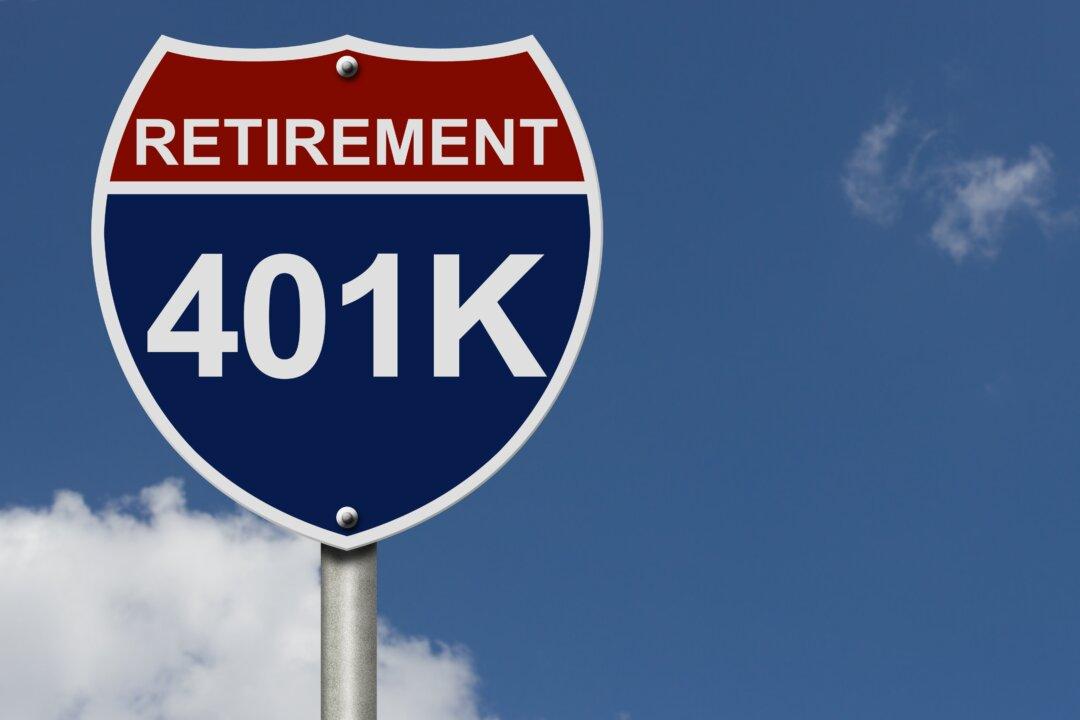Gen Z workers are participating in workplace retirement plans at higher rates than previous generations were at the same stage of their lives, according to a new study by the investment firm Vanguard.
In 2021, 62 percent of workers between the ages of 18 and 24 participated in their company’s 401(k) plan, up from 30 percent of people in that age group 15 years previously, the study (pdf) found. This was the highest increase of any generation.




